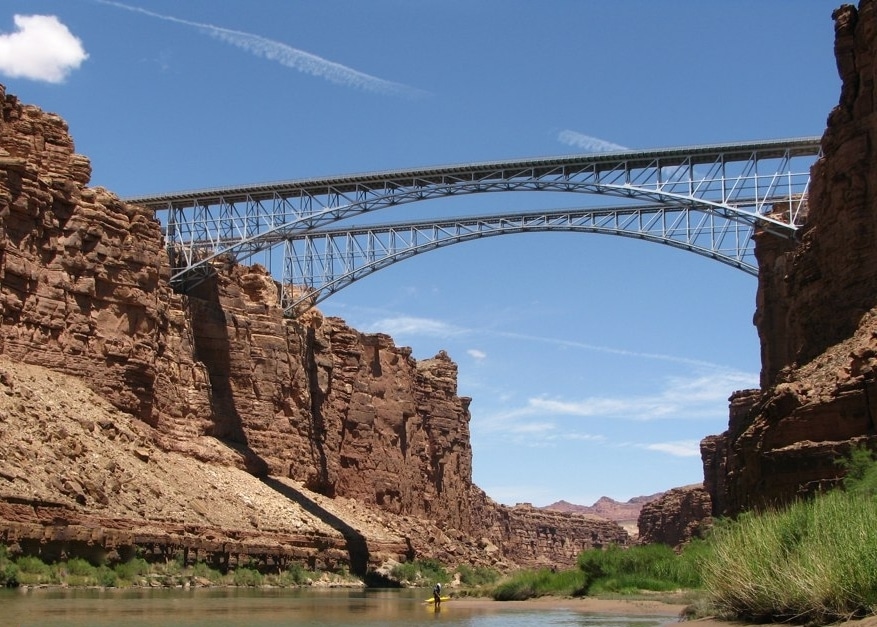The Supreme Court on Thursday ruled against the Navajo Nation in a legal dispute involving water access for the native tribe.
The case of Arizona v Navajo Nation centered on a dispute over access to the drought-stricken Colorado River system.
In a 5-4 ruling, Justice Bret Kavanaugh wrote the opinion, stating that the 1868 peace treaty with the Navajo “did not impose a duty on the United States to take affirmative steps to secure water for the Tribe.”
He added, “[I]t is not the Judiciary’s role to update the law. And on this issue, it is particularly important that federal courts not do so.”
Justice Neil Gorsuch wrote the dissent, comparing the Navajo’s years-long attempt to “find out what water rights the United States holds for them” to spending time at the Department of Motor Vehicles.
“The Navajo have waited patiently for someone, anyone, to help them, only to be told (repeatedly) that they have been standing in the wrong line and must try another,” wrote Gorsuch.
The Navajo Tribe is one of the largest in the United States, with more than 300,000 enrolled members.
The tribe sued the federal government in 2003, seeking to compel it to assess the tribe’s needs and devise a plan to meet them. The states of Arizona, Colorado and Nevada intervened in order to protect their own access to the Colorado River.
Out West “water has long been scarce, and the problem is getting worse,” Kavanaugh wrote.
Chief Justice John Roberts and Justices Clarence Thomas, Samuel Alito and Amy Coney Barrett joined Kavanaugh in the majority opinion against the Navajo Nation.


